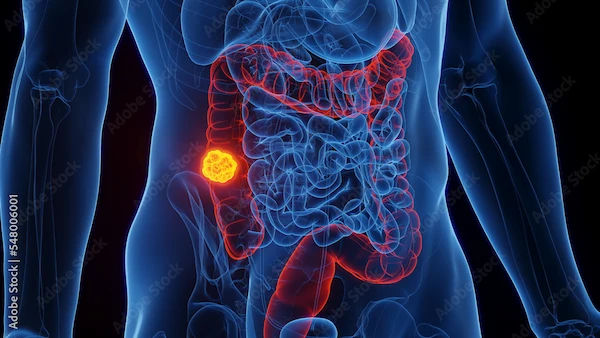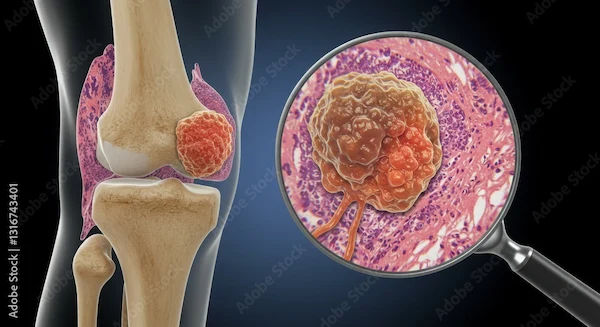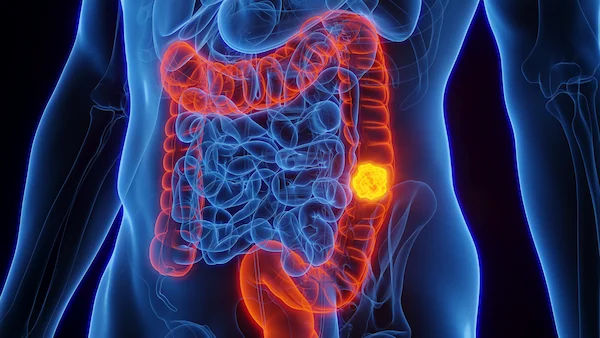How Chemotherapy Works in Cancer Treatment
Know about chemotherapy working, different ways of work, how it is administered, tips to manage chemotherapy and common side effects and more.

Written by Dr. D Bhanu Prakash
Reviewed by Dr. Mohammed Kamran MBBS, FIDM
Last updated on 8th Aug, 2025

Introduction
Cancer is a challenging disease that affects millions of people worldwide. One of the most common treatments for cancer is chemotherapy, which uses powerful drugs to destroy cancer cells. If you or a loved one is undergoing chemotherapy, understanding how it works can help ease anxiety and prepare for the journey ahead.
What Is Chemotherapy?
Chemotherapy (often called "chemo") is a type of cancer treatment that uses medicines to kill fast-growing cancer cells in the body. Unlike surgery or radiation, which target specific areas, chemotherapy works throughout the entire body, making it useful for cancers that have spread (metastasized).
How Does Chemotherapy Work?
Chemotherapy drugs interfere with the growth and division of cancer cells, preventing them from multiplying. Since cancer cells grow and divide much faster than normal cells, chemotherapy is particularly effective against them.
However, some healthy cells (like those in hair follicles, the digestive system, and bone marrow) also divide quickly, which is why chemotherapy can cause side effects.
Consult Top Specialists for Personalised Tips
Different Ways Chemotherapy Is Used
1. Primary Treatment – Sometimes, chemotherapy alone is enough to destroy cancer.
2. Before Surgery (Neoadjuvant Therapy) – Shrinks tumors to make surgery easier.
3. After Surgery (Adjuvant Therapy) – Kills remaining cancer cells to prevent recurrence.
4. Palliative Care – Helps relieve symptoms in advanced cancer by slowing tumor growth.
How Is Chemotherapy Given?
Chemotherapy can be administered in different ways, depending on the type and stage of cancer:
Intravenous (IV) Infusion – Delivered through a vein (most common method).
Oral Pills – Taken by mouth at home.
Injections – Given in the arm, thigh, or under the skin.
Topical Creams – Used for certain skin cancers.
Directly into a Body Cavity – For cancers in the abdomen, chest, or bladder.
Common Side Effects of Chemotherapy
While chemotherapy is effective, it can also affect healthy cells, leading to side effects. These vary depending on the drugs used and the patient’s health but may include:
Fatigue – Feeling extremely tired.
Hair Loss – Temporary and usually grows back after treatment.
Nausea & Vomiting – Medications can help manage this.
Low Blood Cell Counts – Increases risk of infections, anemia, or bleeding.
Mouth Sores – Keeping the mouth clean can help.
Appetite Changes – Eating small, frequent meals may help.
Most side effects are temporary and improve after treatment ends. Your doctor can prescribe medications or suggest lifestyle changes to help manage them.
Tips for Managing Chemotherapy Side Effects
1. Stay Hydrated – Drink plenty of water to flush out toxins.
2. Eat Nutritious Foods – Focus on protein-rich foods, fruits, and vegetables.
3. Rest When Needed – Listen to your body and take breaks.
4. Practice Good Hygiene – Wash hands frequently to prevent infections.
5. Stay Active (If Possible) – Light exercise like walking can boost energy.
6. Seek Emotional Support – Talk to friends, family, or a counselor.
When to Seek Medical Help
While some side effects are normal, contact your doctor immediately if you experience:
High fever or chills
Severe vomiting or diarrhea
Unusual bleeding or bruising
Shortness of breath
Persistent pain
Final Thoughts
Chemotherapy is a powerful tool in fighting cancer, but it can be physically and emotionally challenging. Understanding how it works and what to expect can help you feel more in control. If you or a loved one is considering chemotherapy, consulting an oncologist is the best way to get personalized advice.
Consult Top Specialists
Consult Top Specialists for Personalised Tips

Dr. Raja T
Oncologist
20 Years • MBBS; MD; DM
Chennai
Apollo Hospitals Greams Road, Chennai
(175+ Patients)

Dr Sunita Samleti
Oncologist
18 Years • M.D. (Pathology)- TN Medical College, Mumbai University, Mumbai, Mar 2005 M.B.B.S. Grant Medical College, Mumbai University, Mumbai, Oct 1999
Chinagadila
Apollo Hospitals Health City Unit, Chinagadila

Dr. Gopal Kumar
Head, Neck and Thyroid Cancer Surgeon
15 Years • MBBS, MS , FARHNS ( Seoul, South Korea ), FGOLF ( MSKCC, New York )
Delhi
Apollo Hospitals Indraprastha, Delhi
(25+ Patients)
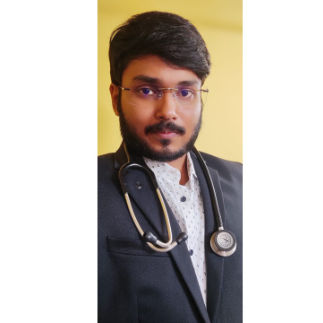
Dr. Rupam Manna
Radiation Specialist Oncologist
4 Years • MBBS MD(RADIO THERAPY)
Barasat
Diab-Eat-Ease, Barasat
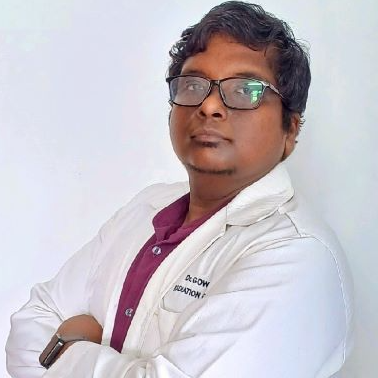
Dr Gowshikk Rajkumar
Oncologist
10 Years • MBBS, DMRT, DNB in Radiation oncology
Bengaluru
Apollo Clinic, JP nagar, Bengaluru
Consult Top Specialists

Dr. Raja T
Oncologist
20 Years • MBBS; MD; DM
Chennai
Apollo Hospitals Greams Road, Chennai
(175+ Patients)

Dr Sunita Samleti
Oncologist
18 Years • M.D. (Pathology)- TN Medical College, Mumbai University, Mumbai, Mar 2005 M.B.B.S. Grant Medical College, Mumbai University, Mumbai, Oct 1999
Chinagadila
Apollo Hospitals Health City Unit, Chinagadila

Dr. Gopal Kumar
Head, Neck and Thyroid Cancer Surgeon
15 Years • MBBS, MS , FARHNS ( Seoul, South Korea ), FGOLF ( MSKCC, New York )
Delhi
Apollo Hospitals Indraprastha, Delhi
(25+ Patients)

Dr. Rupam Manna
Radiation Specialist Oncologist
4 Years • MBBS MD(RADIO THERAPY)
Barasat
Diab-Eat-Ease, Barasat

Dr Gowshikk Rajkumar
Oncologist
10 Years • MBBS, DMRT, DNB in Radiation oncology
Bengaluru
Apollo Clinic, JP nagar, Bengaluru
